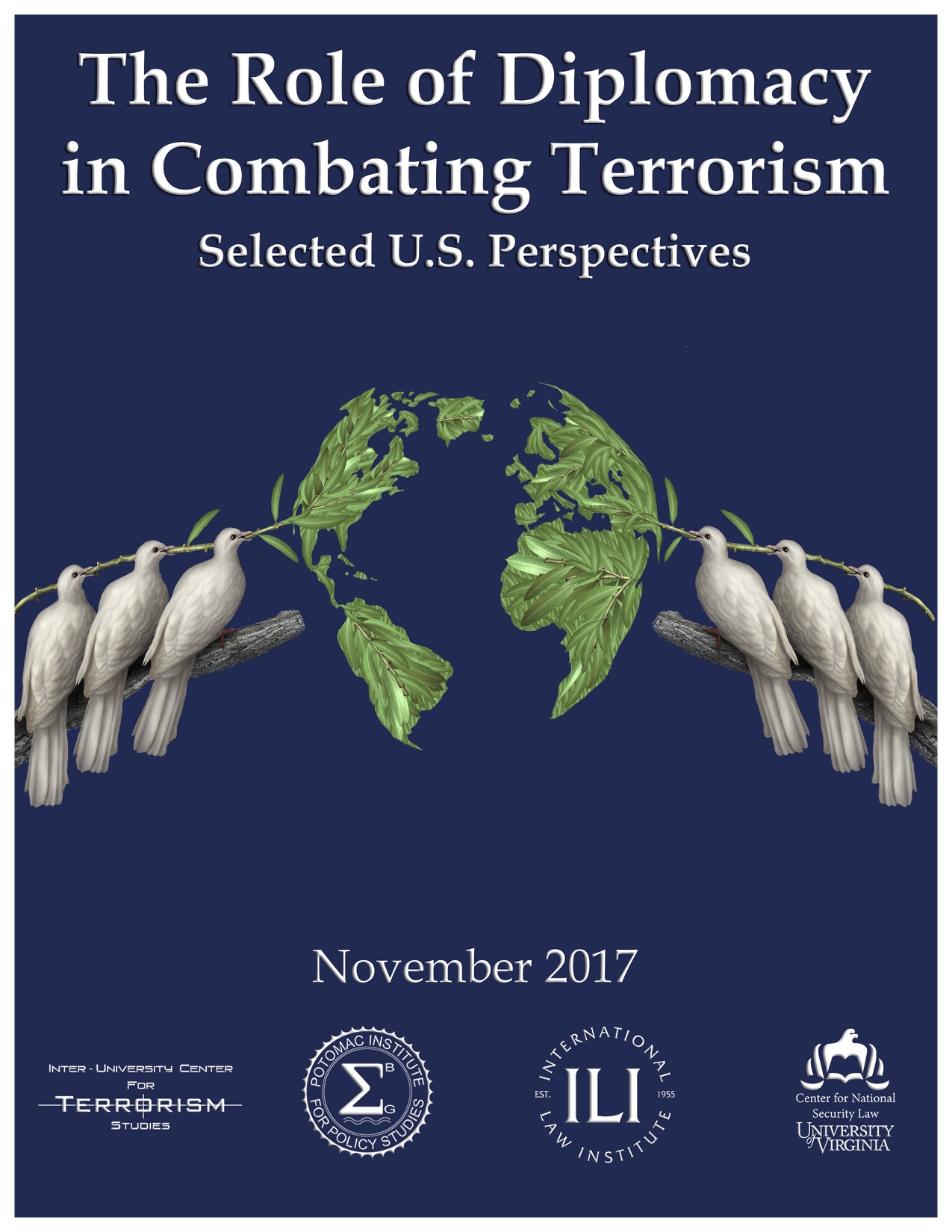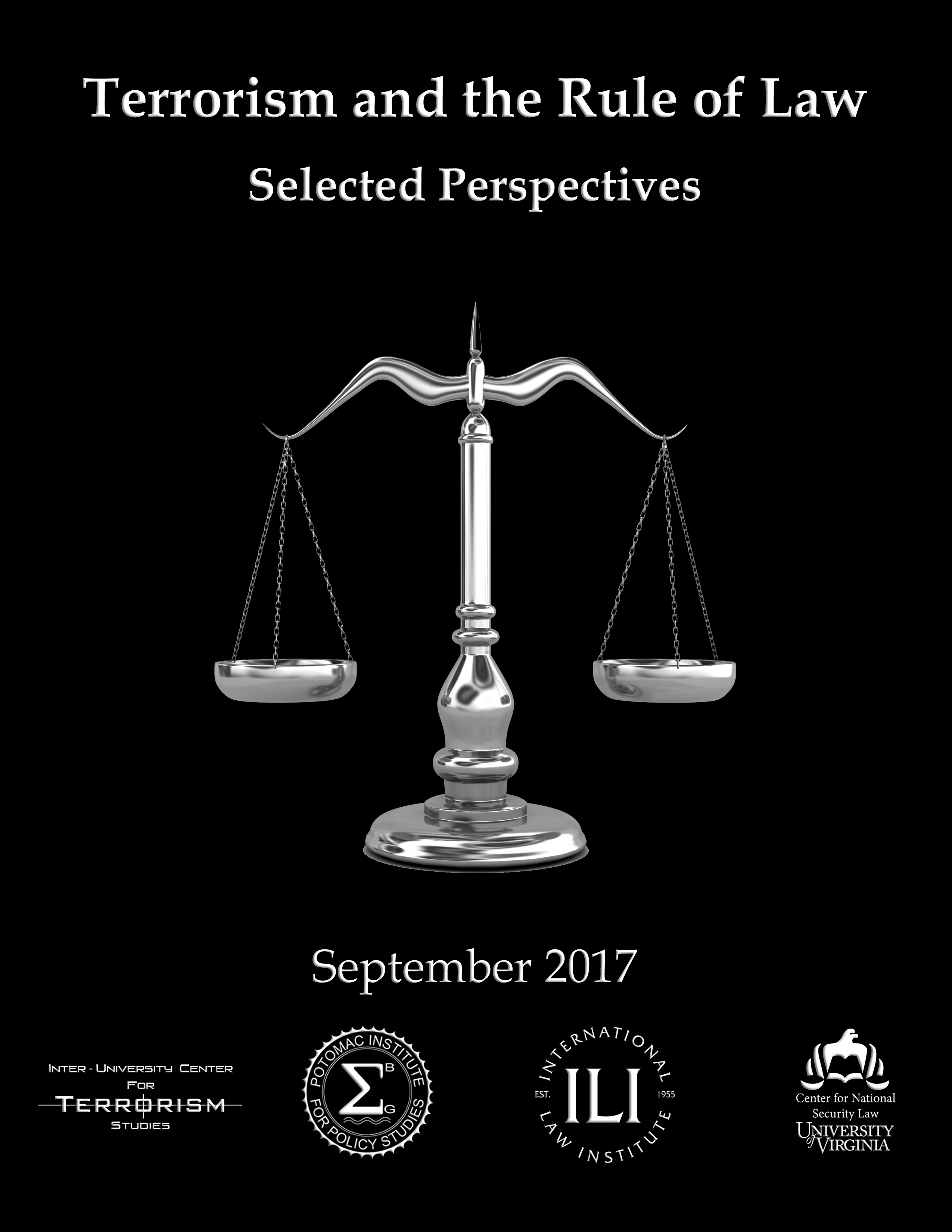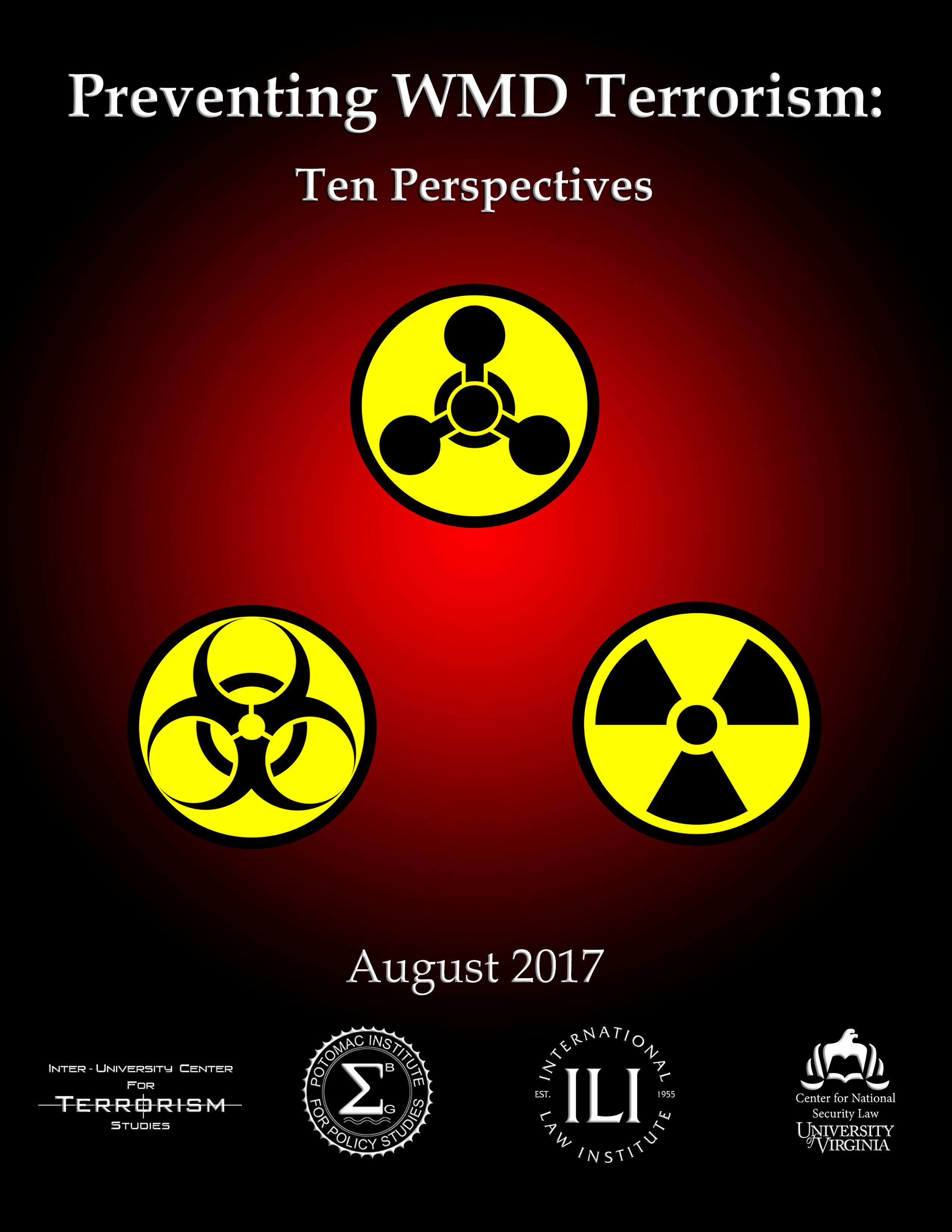Publications
 In view of the multiple security challenges to international peace and order posed by the intensification of terrorist attacks for over the past half-century, governmental, intergovernmental, and nongovernmental bodies have developed tactical and strategic responses on national, regional, and global levels. The role of diplomacy is, indeed, a critical element in the evolving process.
In view of the multiple security challenges to international peace and order posed by the intensification of terrorist attacks for over the past half-century, governmental, intergovernmental, and nongovernmental bodies have developed tactical and strategic responses on national, regional, and global levels. The role of diplomacy is, indeed, a critical element in the evolving process.
The purpose of this report on “The Role of Diplomacy in Combating Terrorism: Selected U.S. Perspectives” to focus specifically on the role of diplomacy in combating terrorism relevant to experiences of the United States and their implications internationally. The key question is whether the U.S. and the international community is capable of crafting adequate responses to terrorism, diffusing expanding conflicts regionally and inter-regionally, engaging in constructive peace processes, and striking a delicate balance between security measures and democratic value systems.
Download the report here.
 Ensuring the safety and interests of citizens at home and abroad continues to be every government’s paramount responsibility. The purpose of this report is to focus on the interface between terrorism and the rule of law. The key question is whether nations can strike a balance between security concerns and protecting civil liberties and constitutional order.
Ensuring the safety and interests of citizens at home and abroad continues to be every government’s paramount responsibility. The purpose of this report is to focus on the interface between terrorism and the rule of law. The key question is whether nations can strike a balance between security concerns and protecting civil liberties and constitutional order.
“Terrorism and the Rule of Law: Selected Perspectives” features presentations by experts with extensive academic and government experience. Some of the topics covered include the “War on Terror,” the role of intelligence, law enforcement, detention, civil and military trials, punishment of terrorists, hostage-taking, and other relevant issues.
Download the report here.

Biological security concerns are permanent fixtures of history, ranging from Mother Nature’s infectious diseases to man-made threats by state and non-state actors. Thus, as the international community is currently approaching the 100 year anniversary of the 1918 influenza pandemic that killed an estimated 50-100 million people, it is assessing the implications of the recent epidemics of Ebola and Zika, considering potential dangers of biological terrorism, and beginning to offer recommendations on response strategies to reduce the risk on national, regional, and global levels.
This June 2017 report on “Biological Terrorism: Past Lessons and Future Outlook” serves as an academic effort to provide insights from former U.S. officials, members of Congress, and other experts on these looming security challenges.
Download the report here.

Preventing the proliferation of biological, chemical, radiological, and nuclear weapons has been a major priority for many nation states in the post-World War II era. Additionally, in the aftermath of 9/11, there has been a growing awareness globally of the potential dangers posed by terrorist groups who may resort to WMD capabilities.
The purpose of this report on “Preventing WMD Terrorism: Ten Perspectives” is to provide some recent insights from experts on lessons learned, assessments of future challenges, and offer recommendations on response strategies to reduce the risk on national and international levels.
Download the report here.
Latin America’s Strategic Outlook: Populist Politics, Health Concerns, and Other Security Challenges
 Latin America continues to face multiple security challenges including natural disasters, infectious diseases, organized crime, terrorism, migration, economic development, and threats to democratic governance.
Latin America continues to face multiple security challenges including natural disasters, infectious diseases, organized crime, terrorism, migration, economic development, and threats to democratic governance.
This April 2017 report on “Latin America’s Strategic Outlook: Populist Politics, Health Concerns, and Other Security Challenges” deals with recent security-related developments such as the Rio Olympics, the Zika epidemic, and post-Castro-era assessments.
Download the report here.
